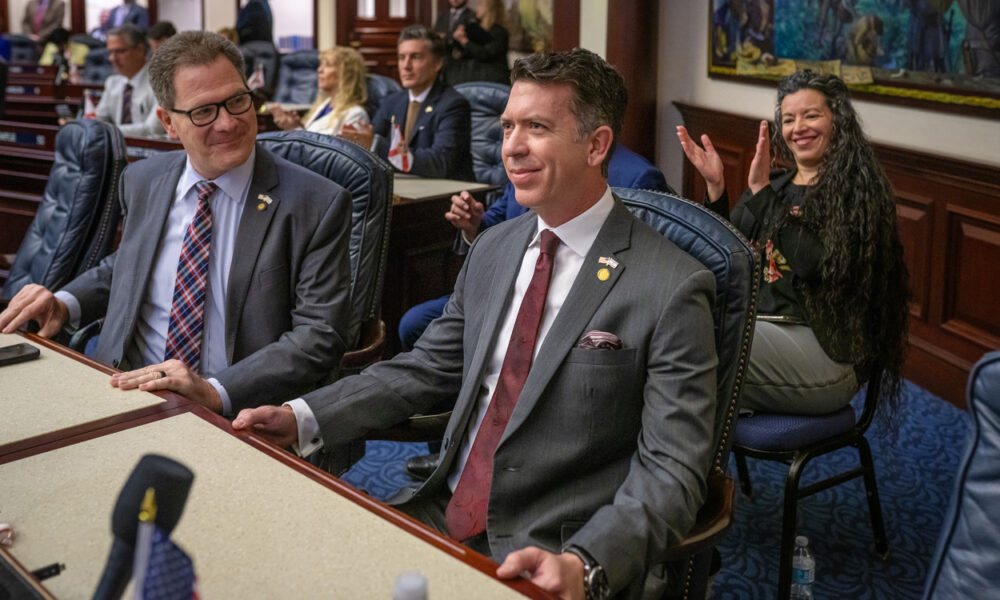A bill to create a sub-minimum wage cleared a second House panel with a 12-4 party-line vote.
In presenting the bill (HB 541), Republican Rep. Ryan Chamberlin argued that an unintended consequence of Florida’s minimum wage is that employers cannot afford to pay unskilled workers for pre-apprenticeships and other education.
“This, I believe, is having a huge impact on young people,” Chamberlin said during the House Careers and Workforce Subcommittee. “Should they choose, this bill will allow an employee to waive the right to minimum wage if he or she is receiving other value in an internship, pre-apprenticeship or on the job workforce training.”
The Senate version of the bill (SB 676) also advanced through Tuesday’s Governmental Oversight and Accountability Committee with a 5-1 vote.
But Rich Templin, director of politics and public policy with the Florida AFL-CIO, warned that the legislation is poorly defined, and employers could take advantage of it.
“Let’s say that a McDonald’s franchise owner owns 10 restaurants. That individual would be able to simply call something an internship for every single employee, and then say, ‘If you want to work here, you need to sign this waiver to work for $6.16 an hour,’” Templin said. “I do not believe that is the sponsor’s intent, but that is what will happen if this bill passes as is, since we’re reaching the midpoint of the Session.”
In defense, Chamberlin argued that the bill is not meant to be a long-term situation and would only allow employees to get a minimum wage exception waiver that’s good for 12 months.
He explained who he thought would want to voluntarily get paid less.
“They see an opportunity to gain some experience that they otherwise would not be able to gain that would further them and even jump them way past hopefully minimum wage in the near future,” he said.
Democratic Rep. Mitch Rosenwald asked about the state’s oversight and worried if older employers could coerce younger employees to get paid less.
Chamberlin admitted the state cannot monitor employers but argued that “the limits of the 12 months certainly put a time limit on what that could be.”
In public comment, one electrical worker warned that apprentices, journeymen and electrons are already struggling to earn a livable wage and afford housing.
“This amendment threatens to suppress wages and further exacerbate the very issues we are discussing today,” he told lawmakers before their vote.
Democratic Rep. Allison Tant said she was voting against it because it didn’t make sense economically given Florida’s workforce shortage.
“I realize this is voluntary, but I do have a problem with how we think we’re going to pay less money to people and get them to take a job,” she said.
Republican Rep. Chad Johnson brought up horse training where some people would be willing to break into the field — and get paid less.
“It is in the special cases where they don’t have the skill set or experience to really demand minimum wage, but they’re willing to voluntarily give that up so that they can pursue that training and for that career,” he said.
Post Views: 0

